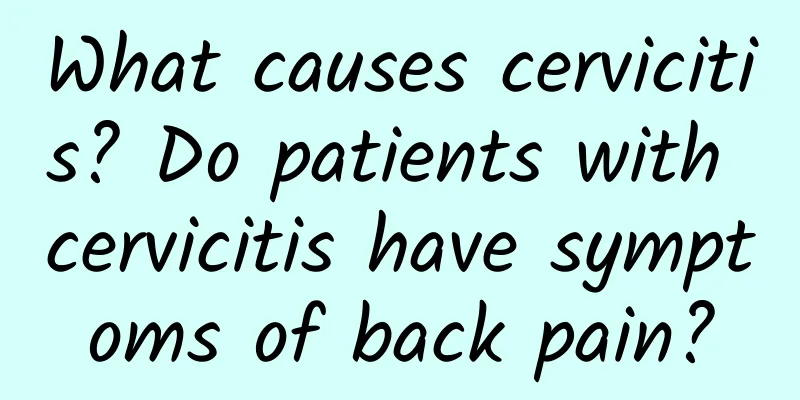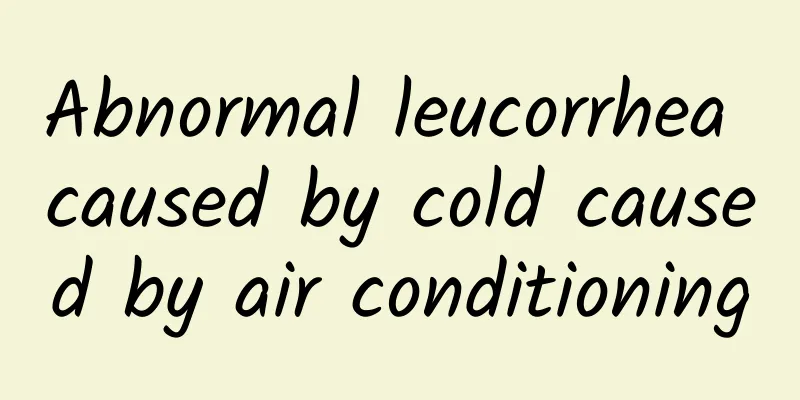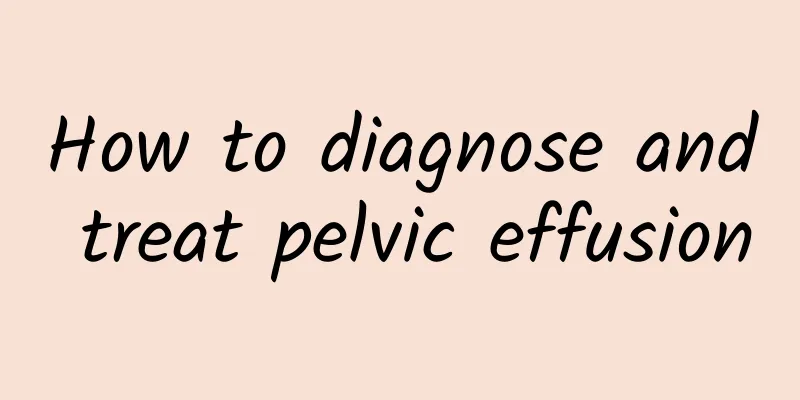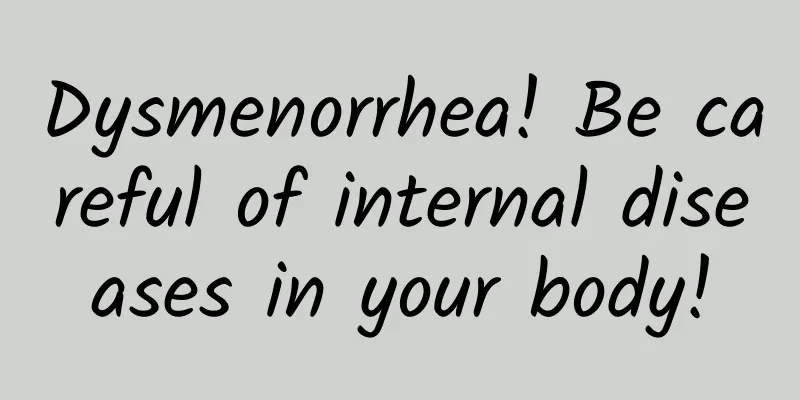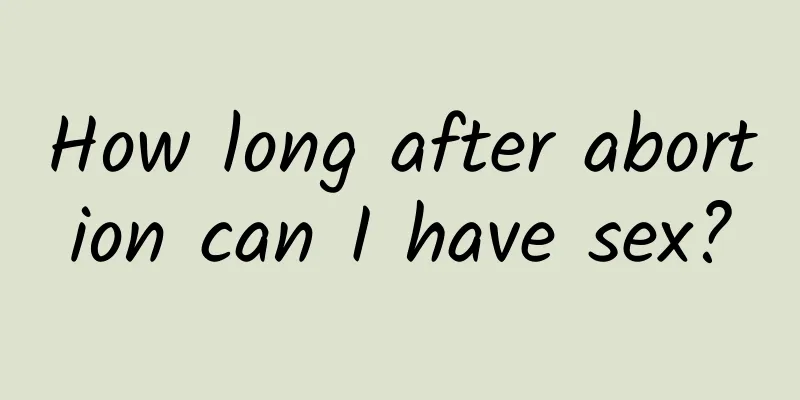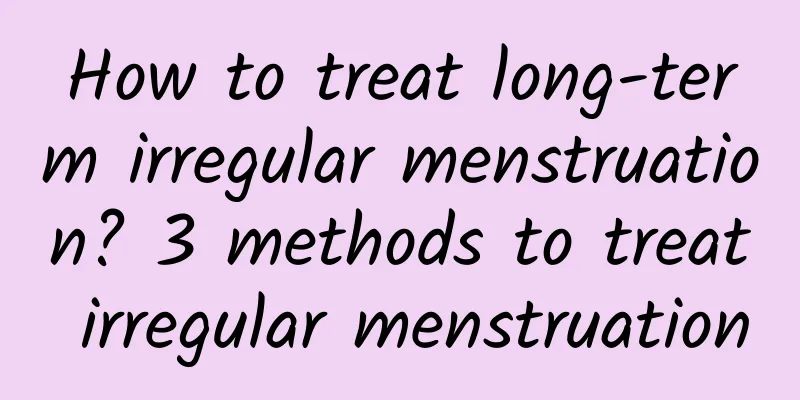What is the best way to treat uterine fibroids?
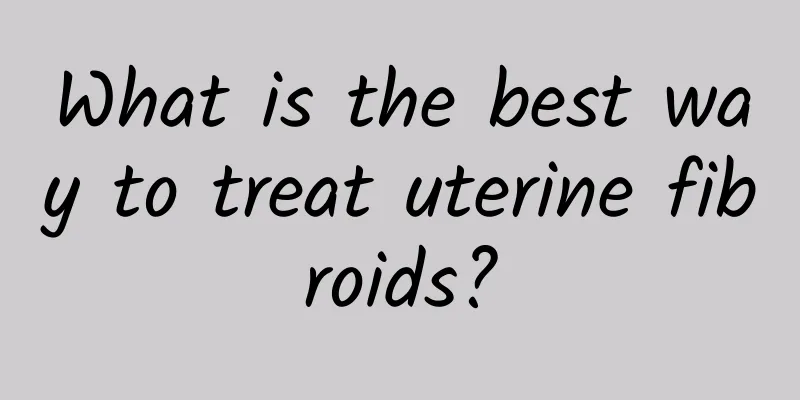
|
Treatment should be considered comprehensively based on the patient's age, symptoms and fertility requirements, as well as the type, size and number of fibroids. 1. Observation: Asymptomatic fibroids generally do not require treatment, especially in women near menopause. After menopause, fibroids often shrink and symptoms disappear. Follow-up every 3-6 months, and further treatment may be considered if symptoms occur. 2. Drug treatment is suitable for those with mild symptoms, those who are close to menopause or whose general condition is not suitable for surgery. 1 Gonadotropin-releasing hormone analogs: high-dose continuous or long-term non-pulse administration can inhibit FSH and LH secretion, reduce estrogen to postmenopausal levels, relieve symptoms and inhibit the growth of fibroids to shrink them, but they gradually increase again after stopping the drug. The drug can cause menopausal syndrome, and long-term use can cause side effects such as osteoporosis, so long-term use is not recommended. Indications for use: ① Reduce fibroids to facilitate pregnancy; ② Preoperative medication to control symptoms and correct anemia; ③ Preoperative medication to reduce fibroids, reduce the difficulty of surgery, or make vaginal or laparoscopic surgery possible; ④ For near-menopausal women, transition to natural menopause in advance to avoid surgery. Long-acting preparations are generally used once a month. 2 Other drugs: Mifepristone, 10 mg orally per day, can be used as preoperative medication or for early menopause. However, it is not suitable for long-term use because after it antagonizes progesterone, the endometrium is stimulated by estrogen for a long time, increasing the risk of endometrial lesions. 3. Surgical treatment Indications for surgery: ① Excessive menstruation due to fibroids, leading to secondary anemia; ② Severe abdominal pain, dyspareunia or chronic abdominal pain, acute abdominal pain caused by torsion of pedunculated fibroids; ③ Large fibroids compress the bladder, rectum, etc., causing corresponding symptoms; ④ Infertility or recurrent miscarriages due to fibroids; ⑤ Suspected sarcoma. |
<<: What department is the flow of people to?
>>: What medicine is good for irregular menstruation at 39 years old
Recommend
Professional introduction to chocolate cyst complications
We need to have a correct understanding of the co...
Introduction to the causes of pelvic inflammatory disease
What are the causes of pelvic inflammatory diseas...
Lose 10 kg in 3 months! 5 tips for the 777 diet to help you lose weight healthily
There are hundreds of ways to lose weight. I foun...
Explain the common causes of cervicitis
Cervicitis is a gynecological disease that causes...
What should you pay attention to when you get pregnant again after a miscarriage? Be sure to pay attention to these 3 points
If a woman has had a miscarriage before, she need...
What are the symptoms and treatment of pelvic inflammatory disease?
What are the symptoms and treatment of pelvic inf...
How to prevent irregular menstruation in daily life
Irregular menstruation is a common condition for ...
Symptoms of PCOS
Polycystic ovary syndrome is an endocrine disease...
The most important hazards of abortion
Abortion is an operation that many women who have...
What is the cause of cervical erosion in women? What are the nursing methods for cervical erosion in women?
For female friends, cervical erosion is not a ver...
What are the symptoms of female cervical erosion? Recommend 5 ways to cure female cervical erosion
The incidence of cervical erosion is very high am...
Why do people often bleed after abortion?
Why do people often bleed after abortion? Frequen...
What are the causes and symptoms of multiple uterine fibroids?
Multiple uterine fibroids are a common disease am...
Expertise in miscarriage diagnosis
With the quickening pace of life, women's phy...
Is artificial abortion more harmful or is the contraceptive pill more harmful? You must know these points about abortion and medical abortion
Many men don't like wearing condoms, so contr...
